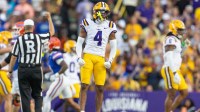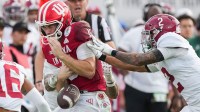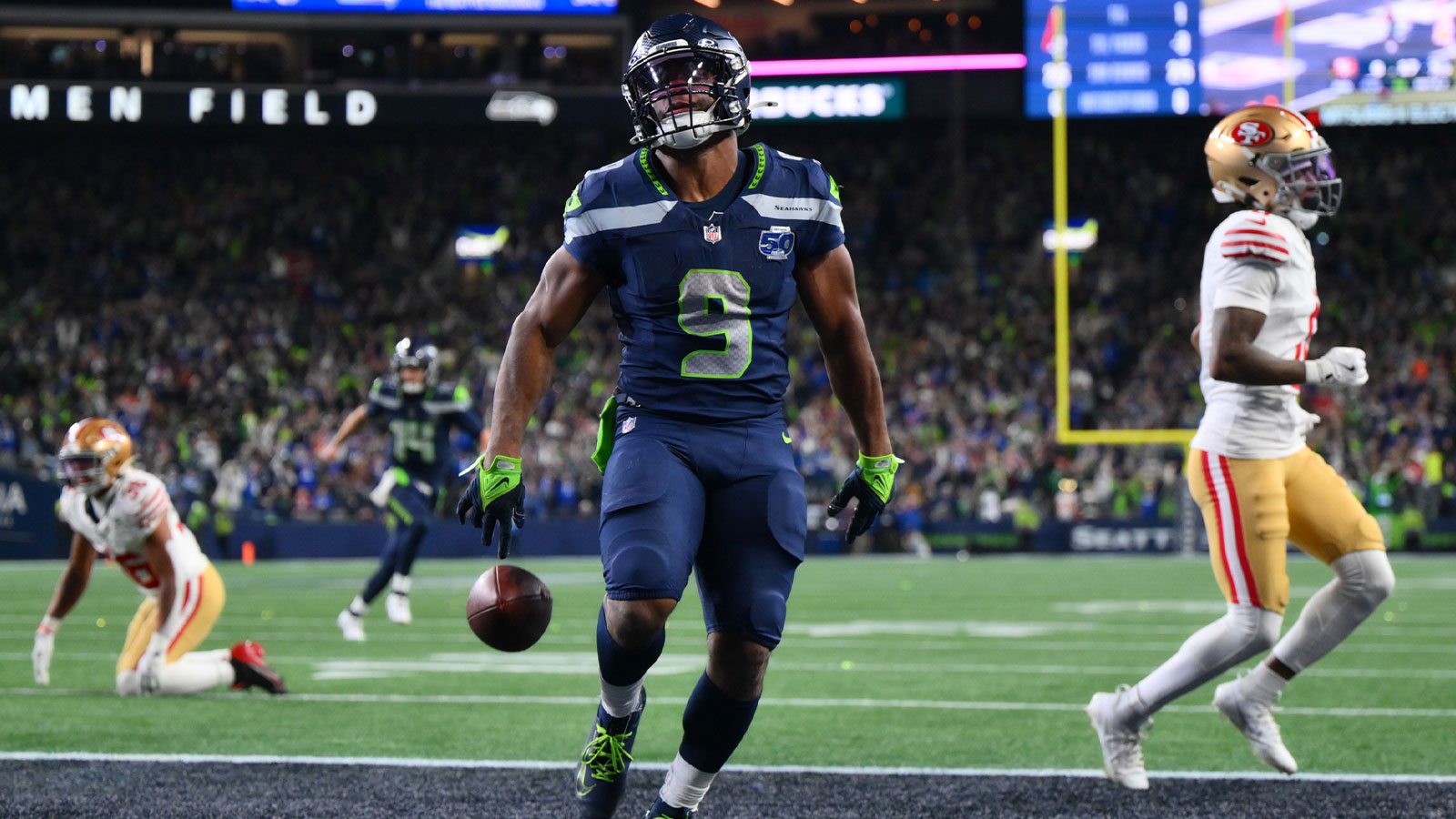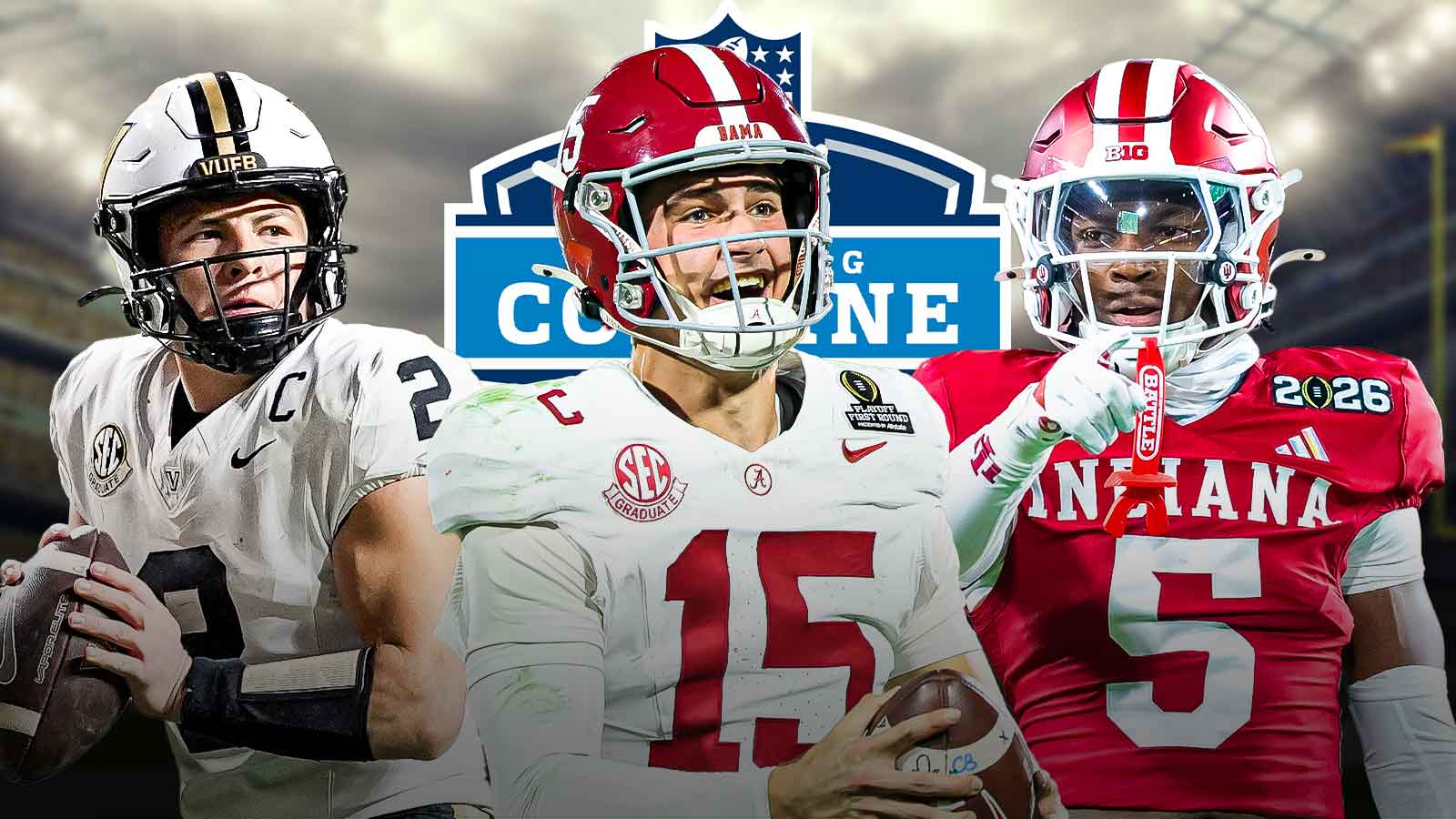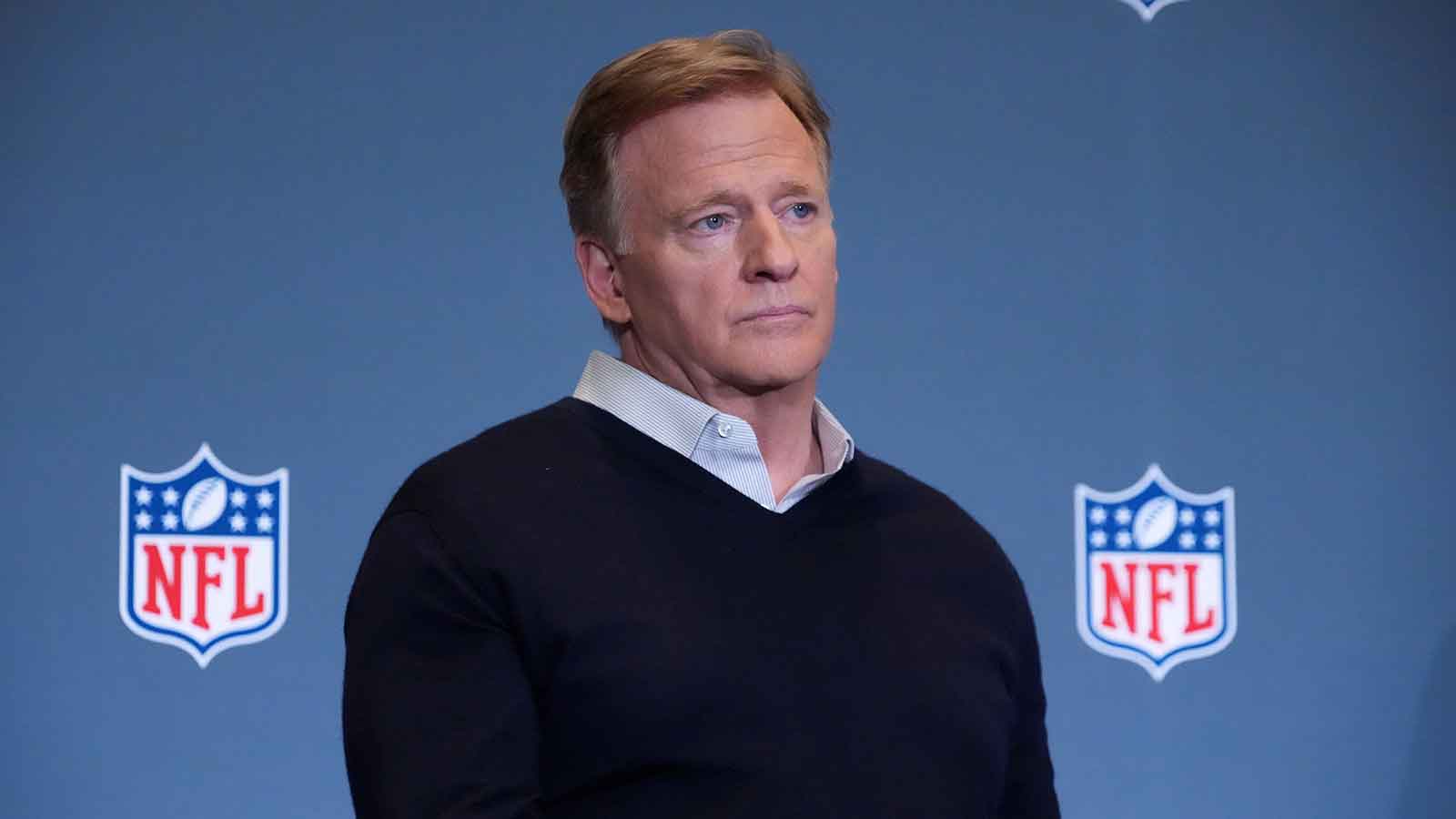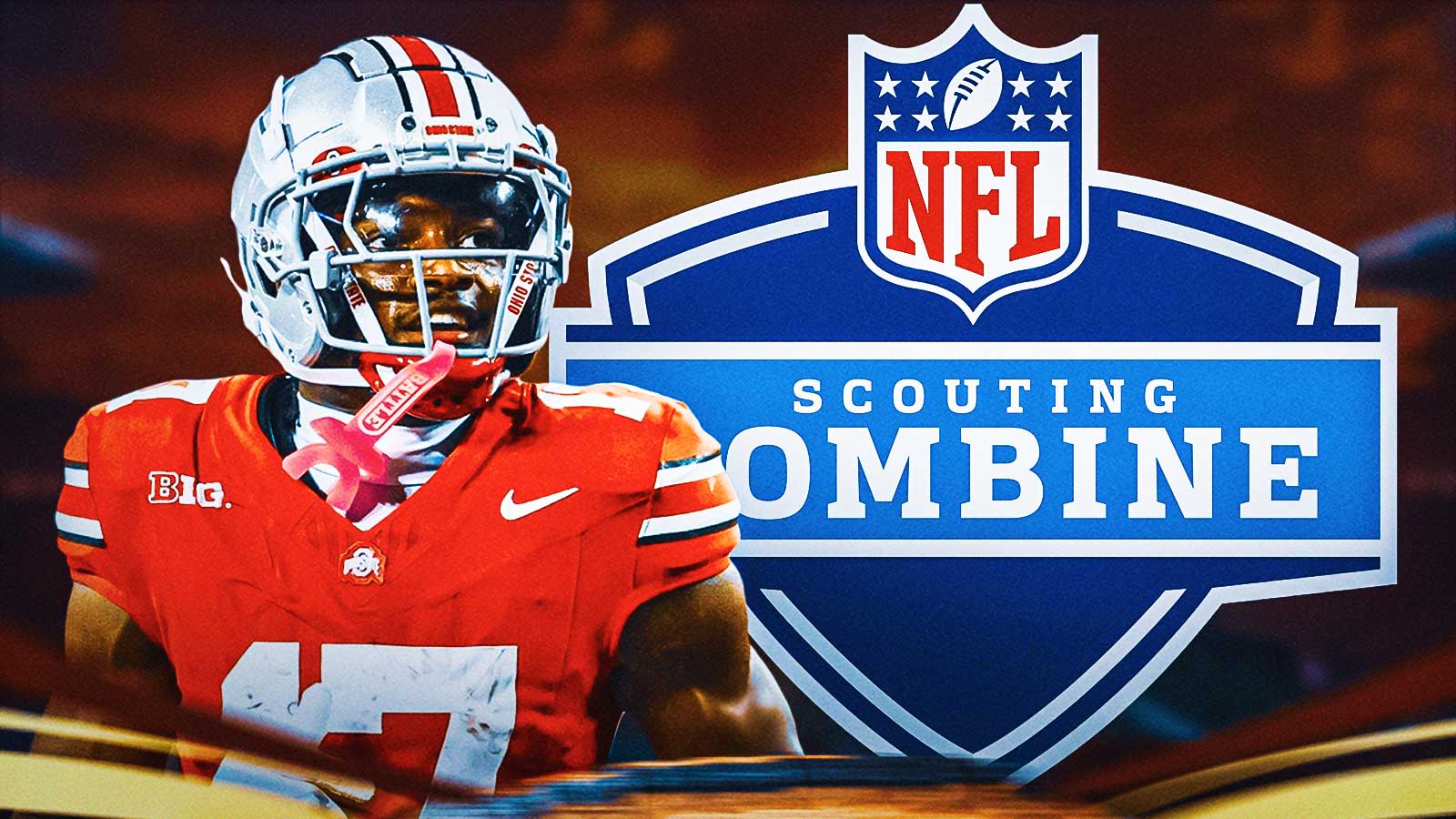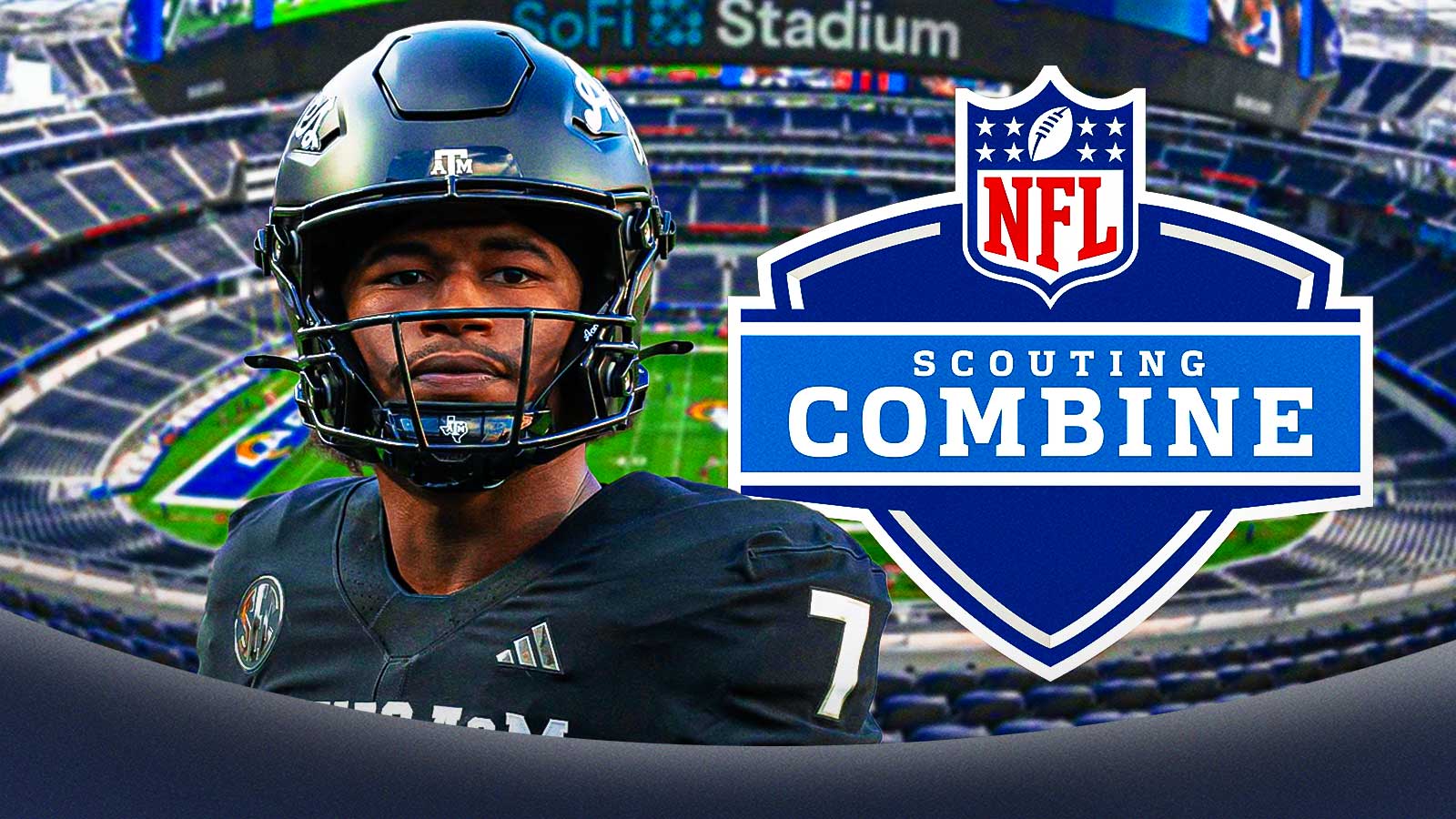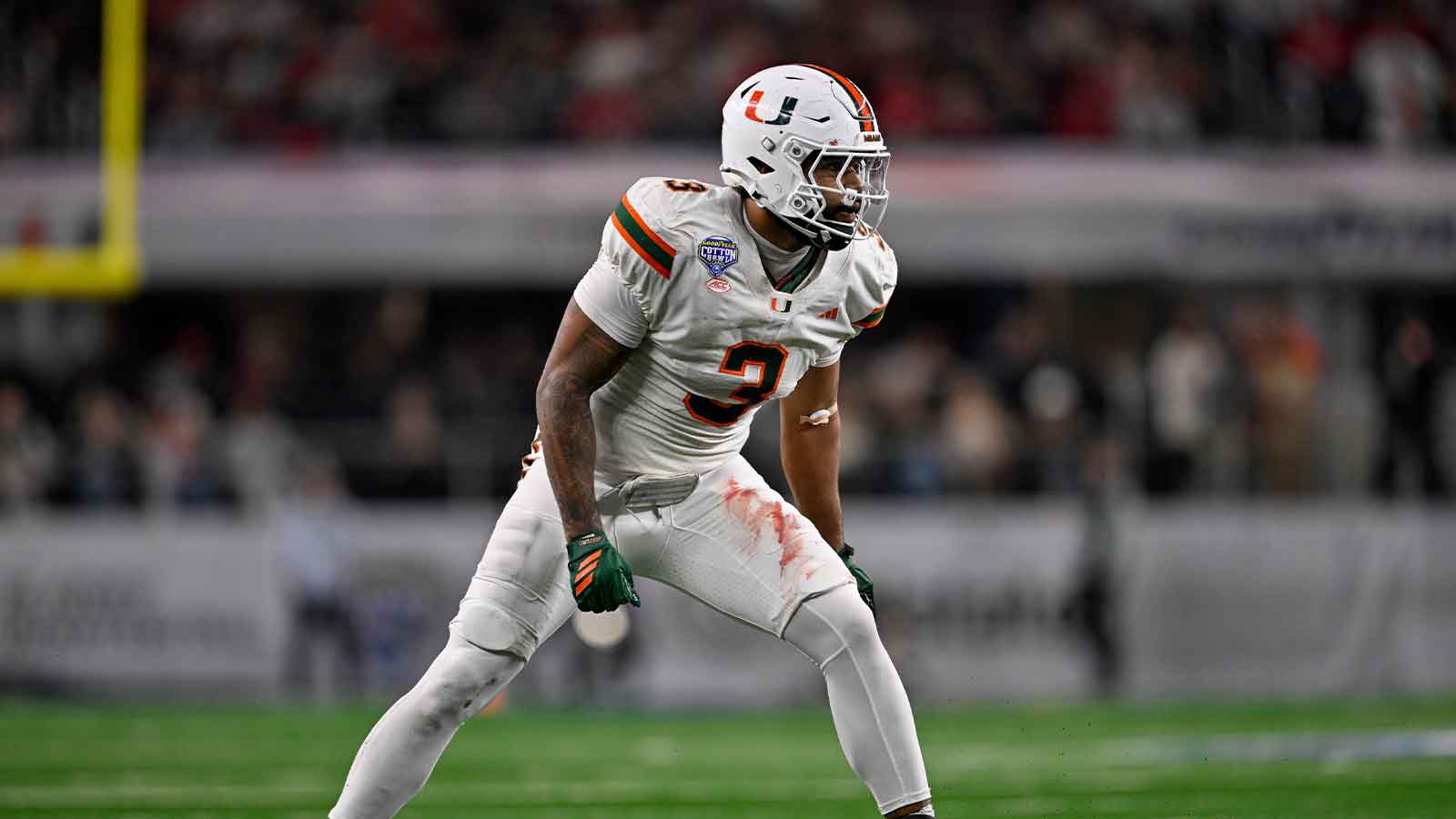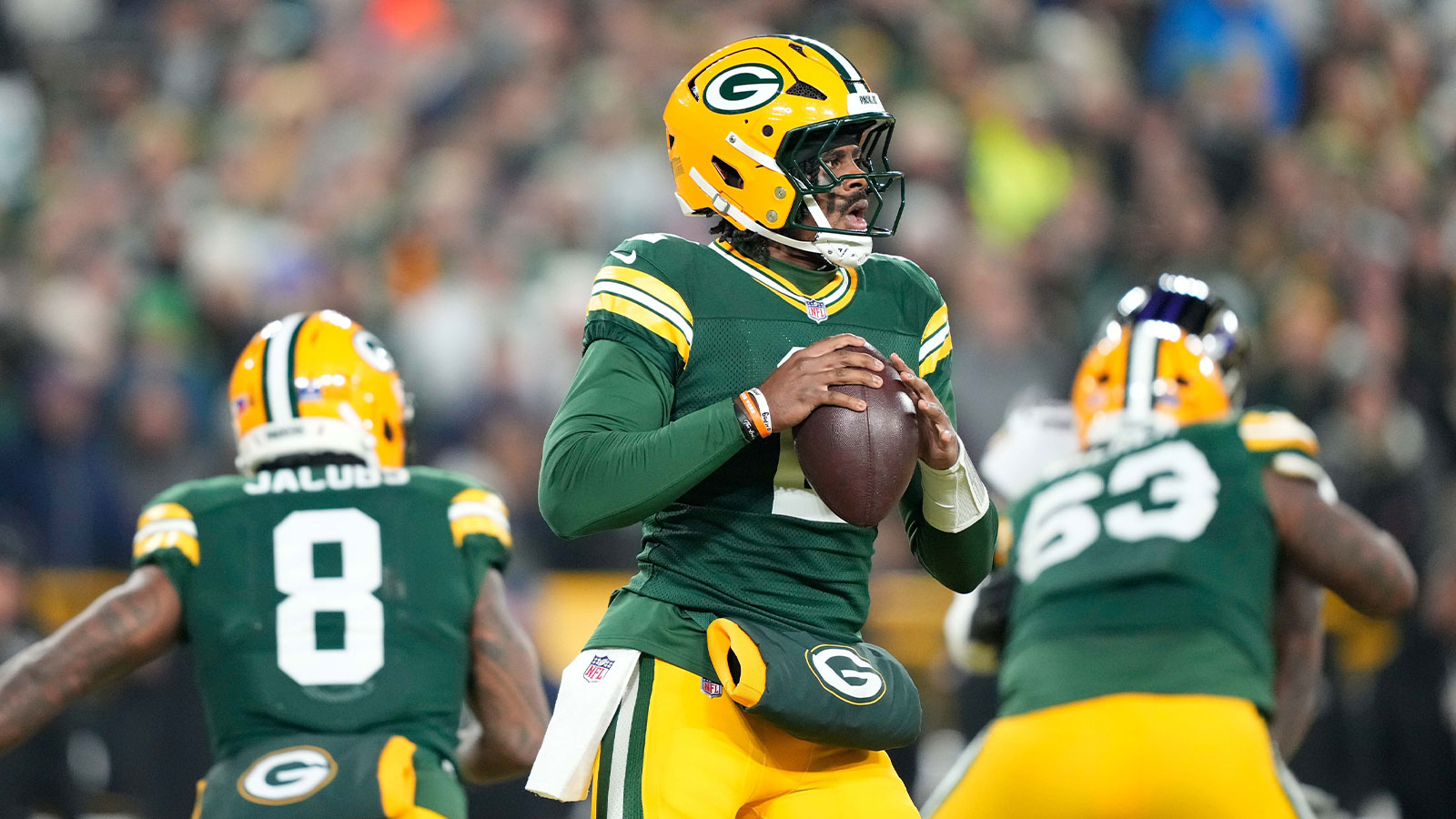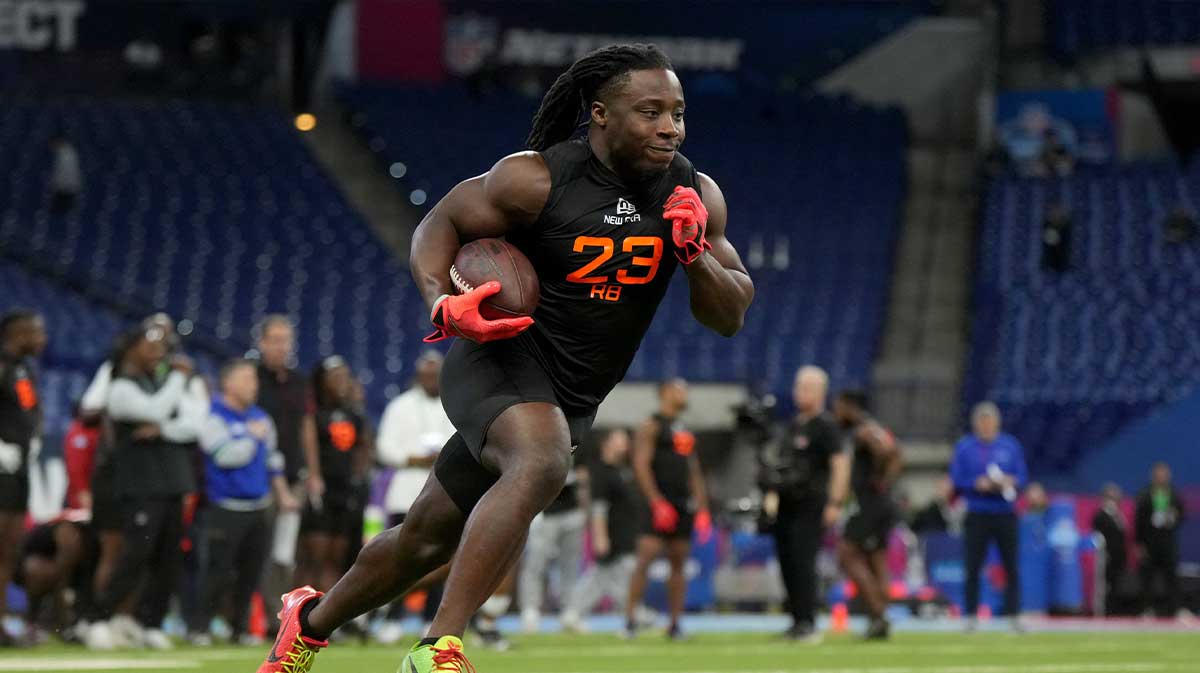As ESPN wraps up its fiscal year, it’s common for networks to make big decisions to cut expenses. On Thursday, Robert Griffin III and Sam Ponder, analyst and host of ESPN's “NFL Countdown,” were fired from the network, as reported by Andrew Marchand of The Athletic.
The moves were explained as being let go for financial reasons. Griffin and Ponder made more than seven figures per year.
When initially hired three years ago, ESPN viewed RG3 as a hot commodity. Sources close to ESPN and Fox Sports were enamored with the former quarterback during interviews. They described Griffin as giving an excellent audition that practically started a bidding war.
Ponder worked only on “NFL Countdown,” had no other responsibilities, and was off the rest of the year. Given her limited role at the company, ESPN may consider moving one of their other host personalities into the job, such as “NFL Live” host Laura Rutledge or “Get Up” host Mike Greenberg.
Jason Kelce replaced Griffin on “Monday Night Countdown” earlier this offseason. In addition to working “NFL Countdown,” Griffin was one of ESPN's top college football contributors both in broadcast and play-by-play.
ESPN had no comment about either firing. Grete Griffin, Robert Griffin III's wife, posted a cryptic message on X, perhaps suggesting that a new job is already lined up for her husband.
“When a window closes, a door will open,” she wrote.
ESPN's long history of firings, layoffs
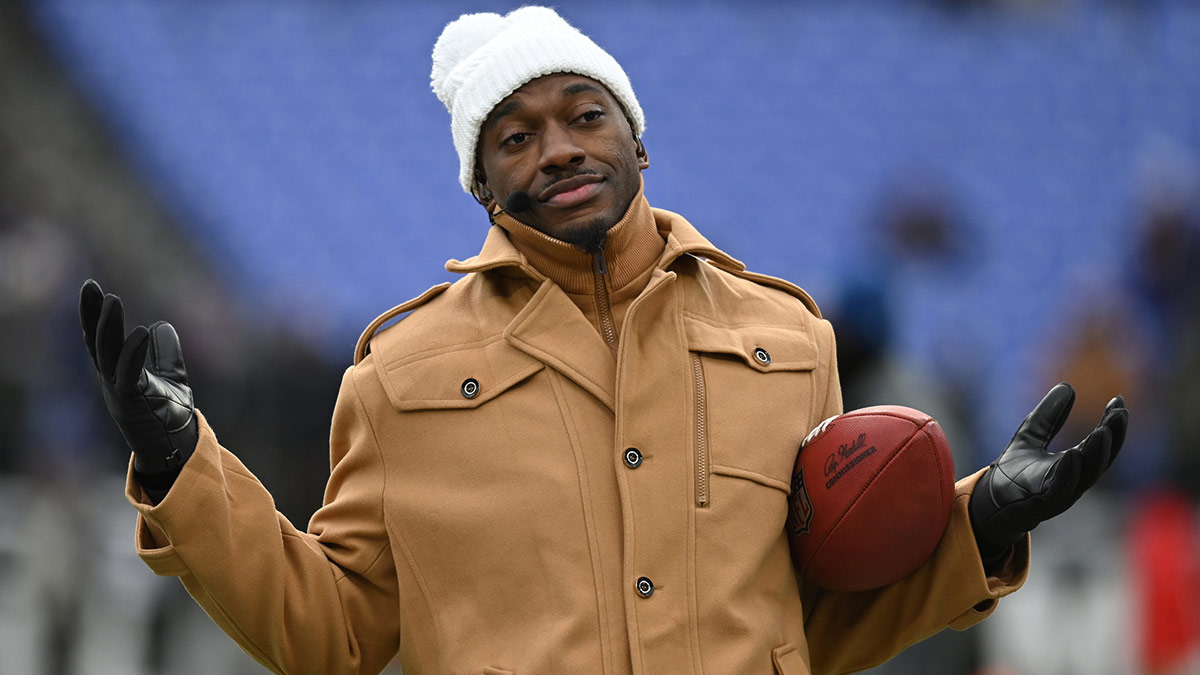
It seems that every year, ESPN opts to refresh its lineup of hosts, analysts, broadcasters, play-by-play commentators and on-screen personalities. Last year saw a whole slew of familiar names part ways with the company, including Keyshawn Johnson, Steve Young, Todd McShay, Matt Hasselbeck, Jeff Van Gundy, Jalen Rose, Max Kellerman, Vince Carter and the list goes on. At the time, Stephen A. Smith was frustrated by the company's new direction.
I will miss the colleagues of mine who were let go this week dearly pic.twitter.com/lNbuDjRG8s
— Stephen A Smith (@stephenasmith) July 4, 2023
Most of these aren't so much about performance as they are about freeing up financial commitments to make investments elsewhere. The sheer number of people necessary to cover live sports nationwide makes ESPN operations truly astounding. For all the grief given, deserved or otherwise, about how sports are covered on the network, there's no getting around the sheer volume of employees and technical know-how involved in sports broadcasting.
As more Americans work from home, it's becoming more common for networks to use live commentators from remote locations to cut costs. During the height of COVID, ESPN had nearly 600 remote studios for hosts to perform their duties at home. There may come a time when these sports networks move away from the former player contracts in the millions and opt to find cheaper solutions.





